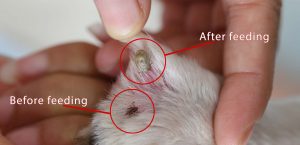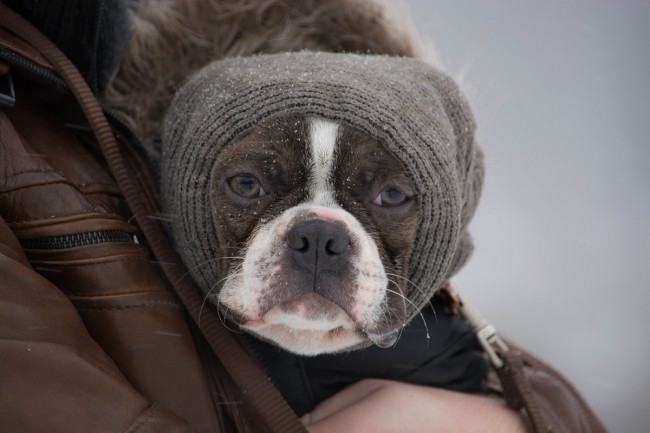Ahoy, matey! I’m Blackbeard, the Pirate Kitty!!
When Zoe’s first picked me up, I was a dirty feral scallywag – hissing and spitting at everyone and everything. That’s the pirate way, you know! But then the people gave me toys and balls and pets and cuddles and my steely pirate heart melted. Those bouncy balls, I tells ya…. no pirate kitty can resist. They call to me like ocean sirens.
My foster mom says my pirate spirit is strong and sometimes my head gets big from my mighty pirate power. ARGH!!! My crew of older foster siblings keep me in check and teach me how to be a proper feline. They’re great playmates, too! I love running and playing with them! I’m a pretty busy guy with lots of energy, but I also love a good cuddle. Especially with my first mate foster sibling. She cleans my head when we cuddle, makes me purrrrrrrrr!
I’m ready to find my forever crew now. I’d do best with older, experienced cats so I can grow into a balanced, well-behaved pirate kitty. I haven’t met any dogs, so I can’t say how I feel about them. I’m young though, so I think I could grow to love a canine crew mate. As long as they don’t chase or bark at me. I’m even up for some little human crew mates. Just be gentle and respect my pirate ways!
Yo ho ho and a bottle of catnip!










 Costumes
Costumes Decorations
Decorations Candy
Candy










